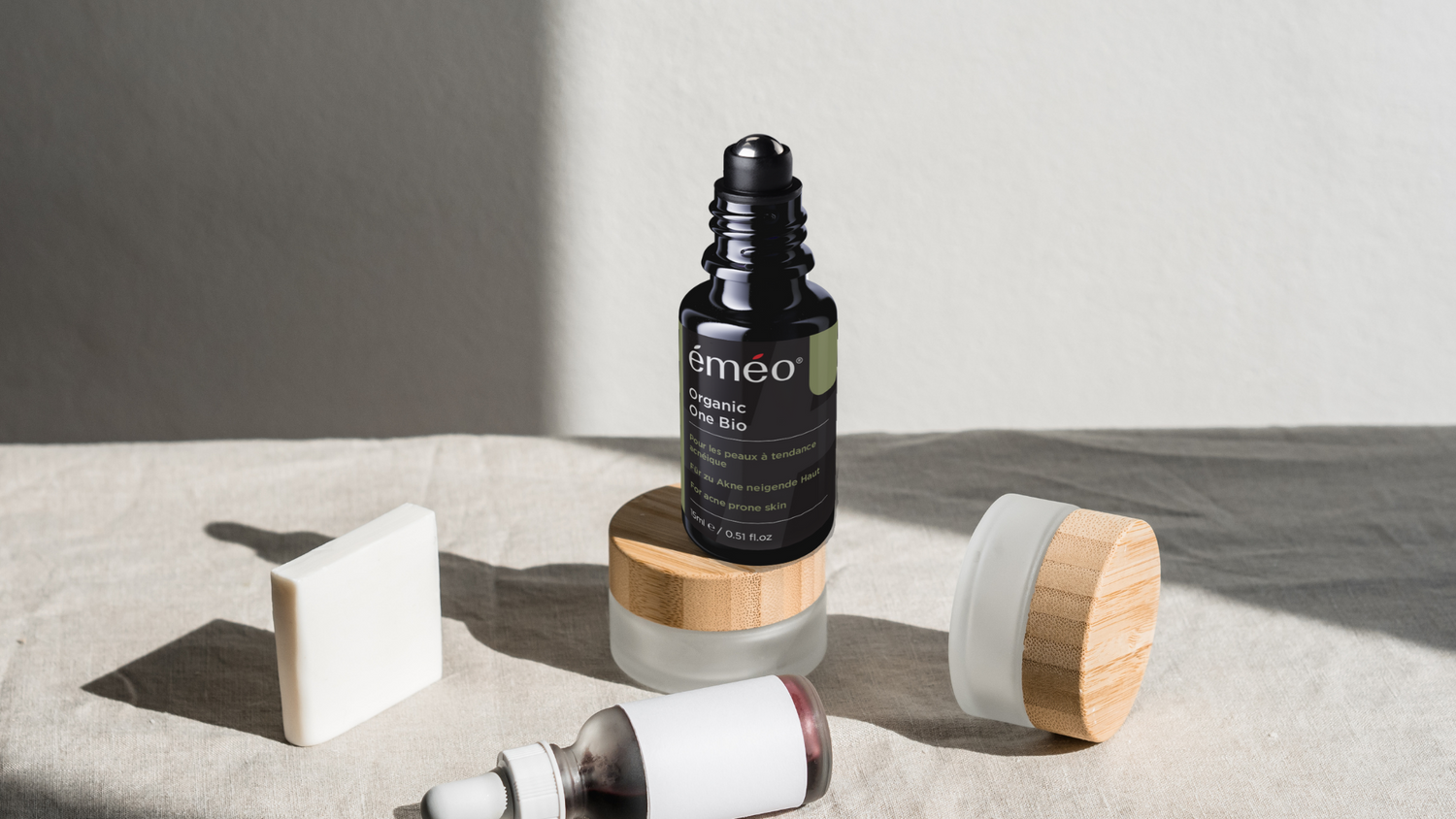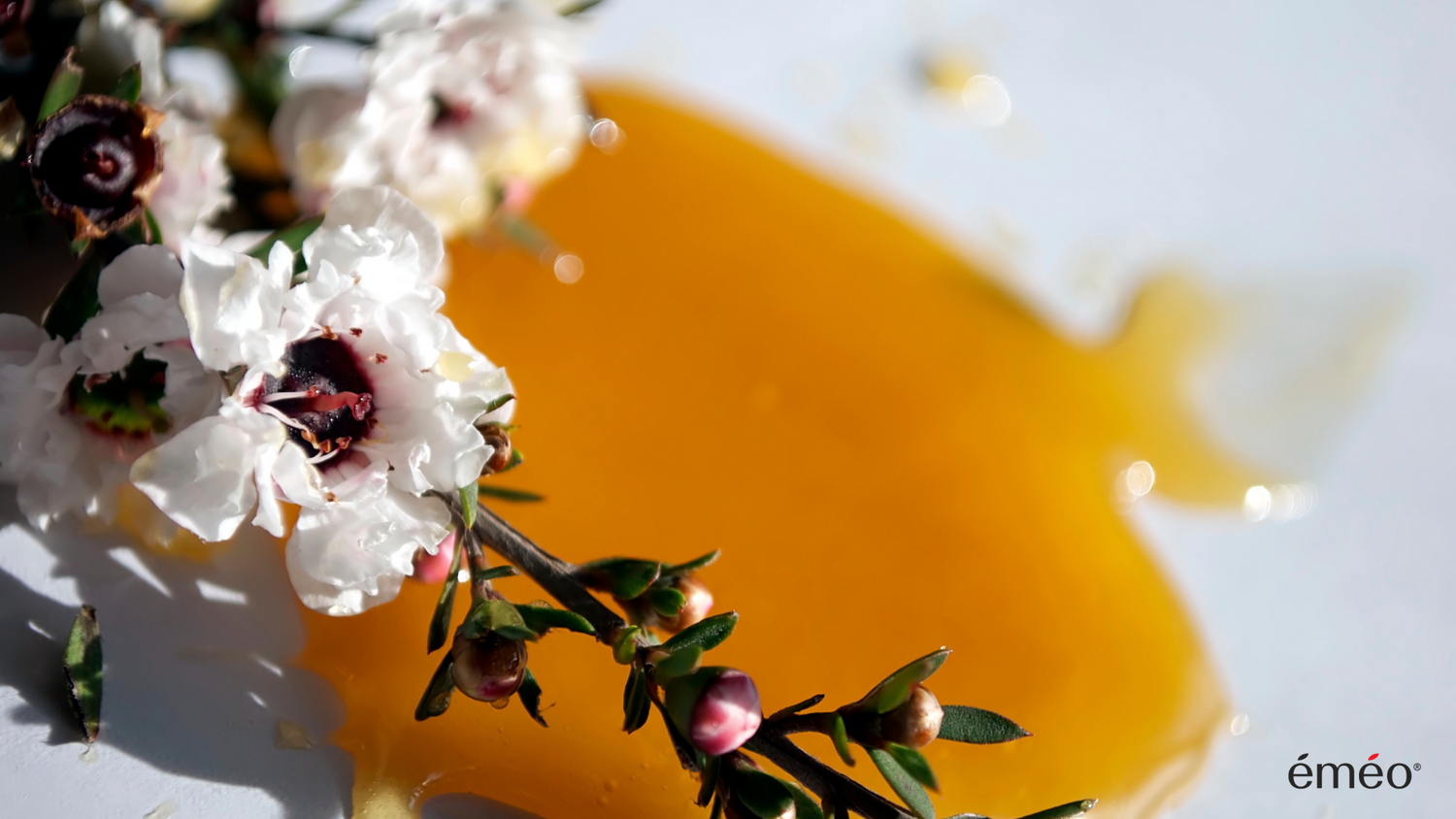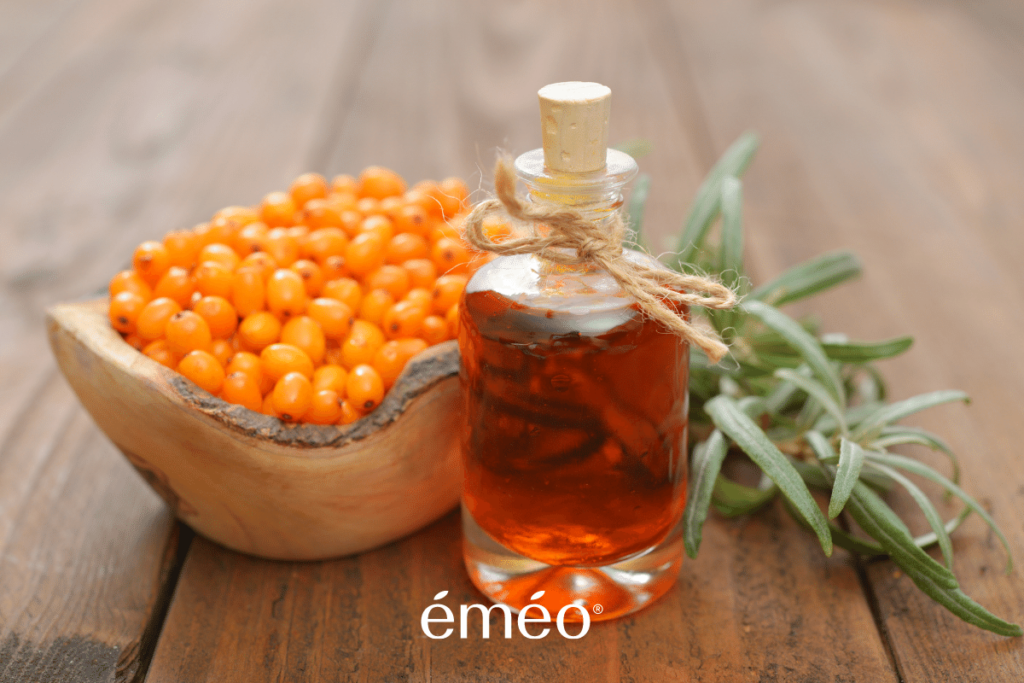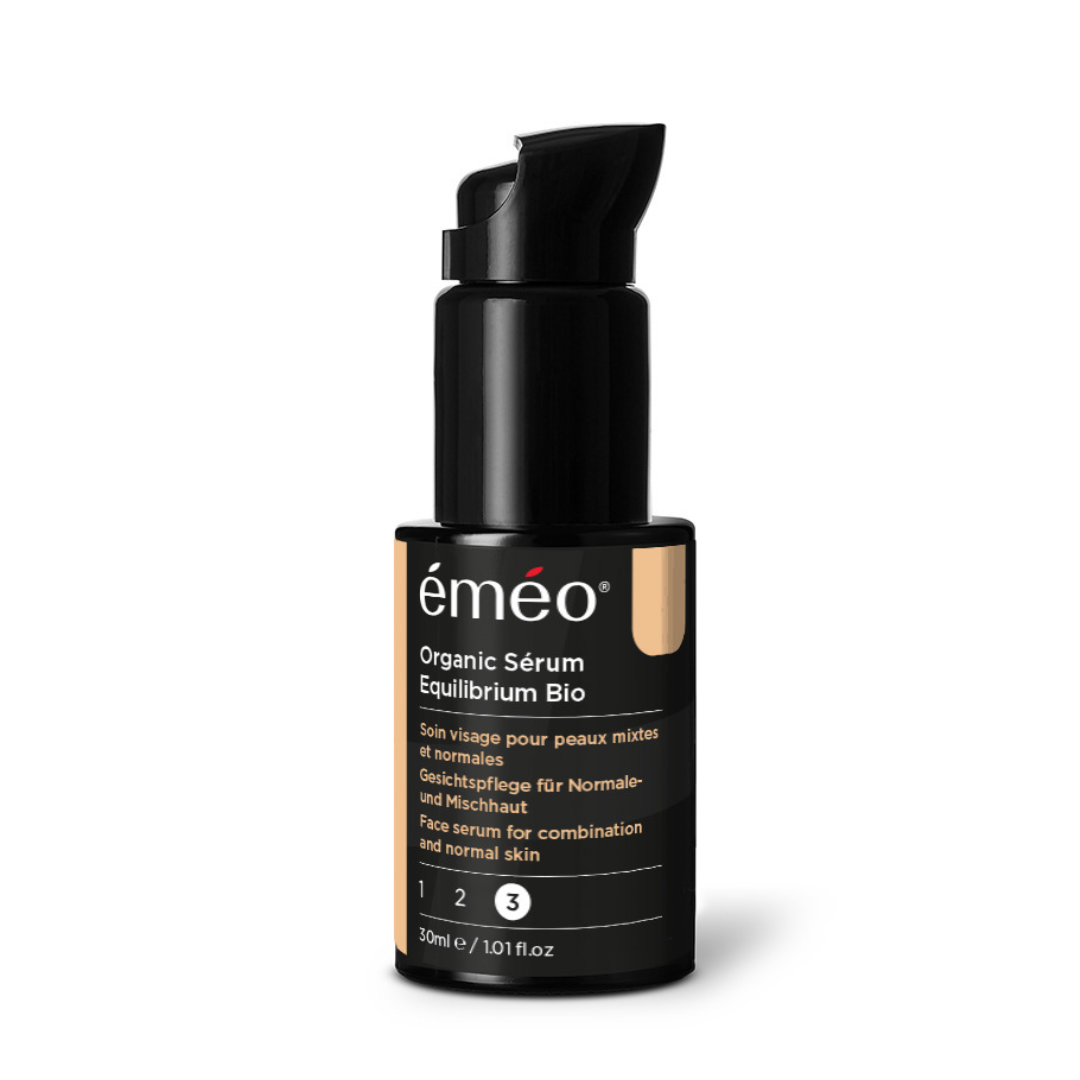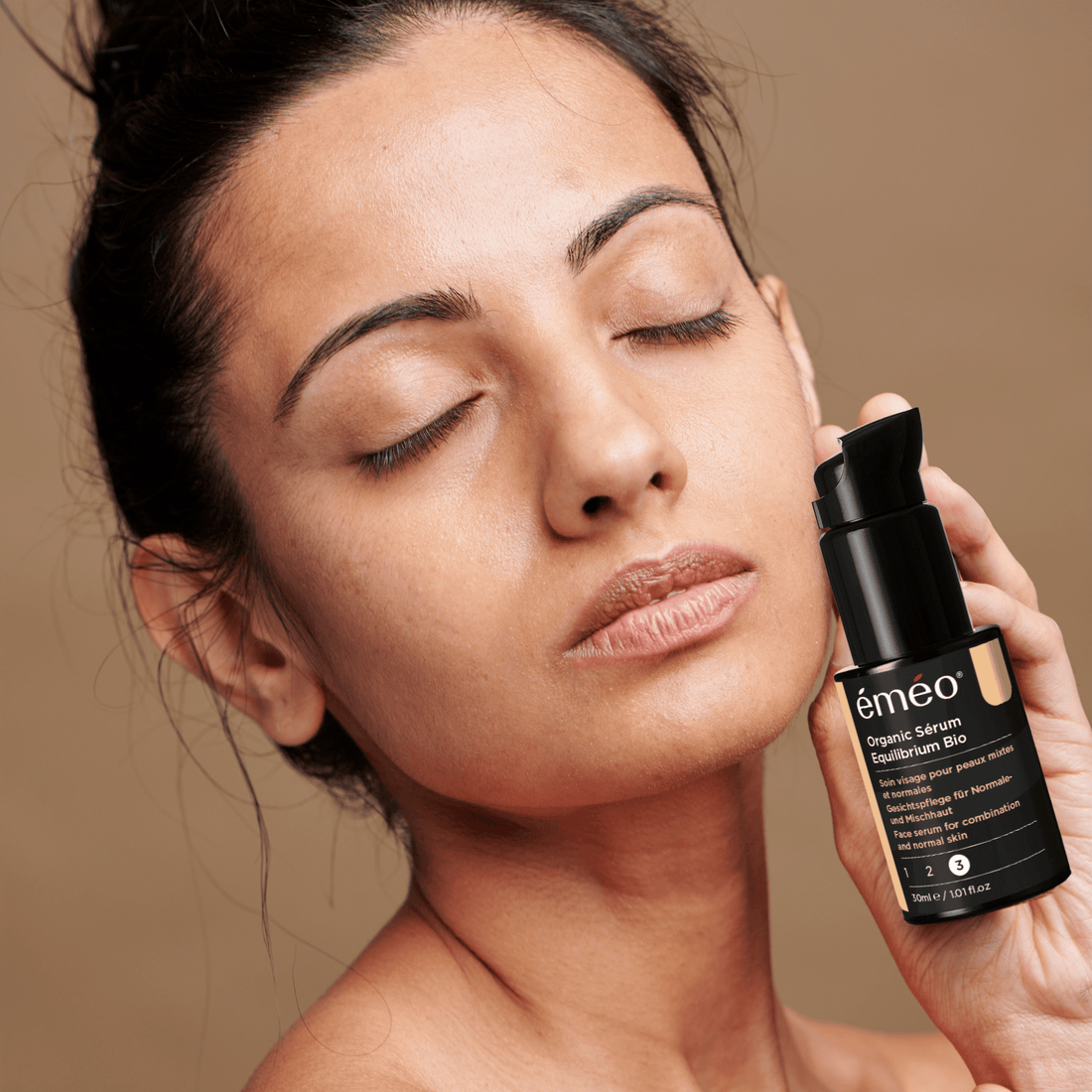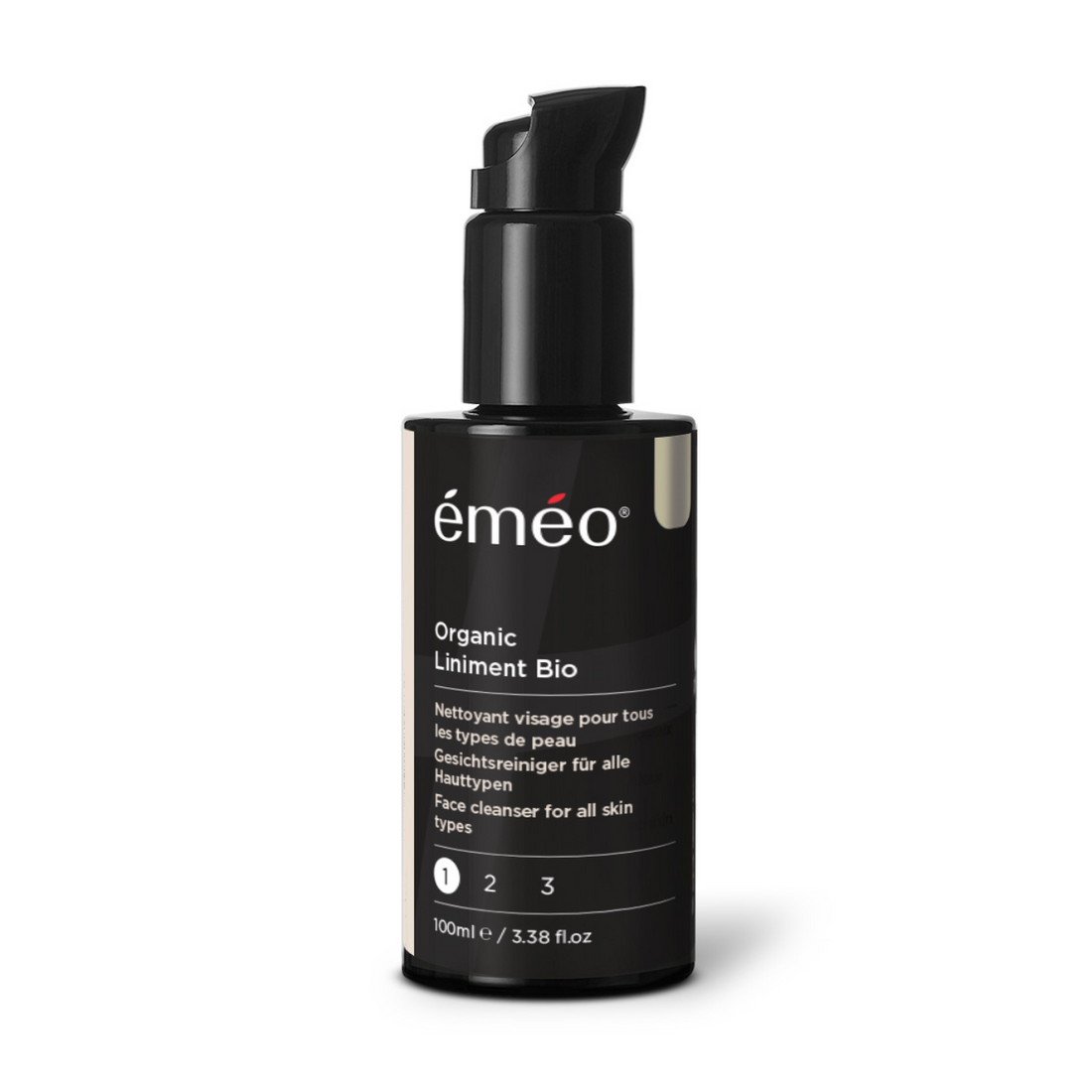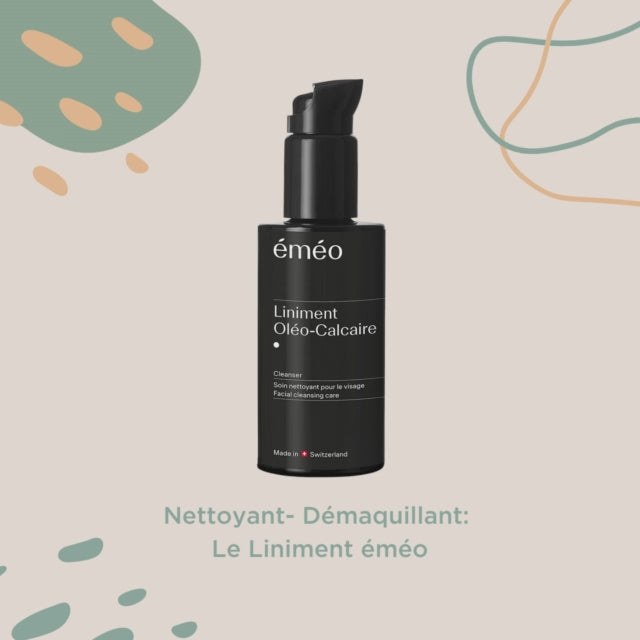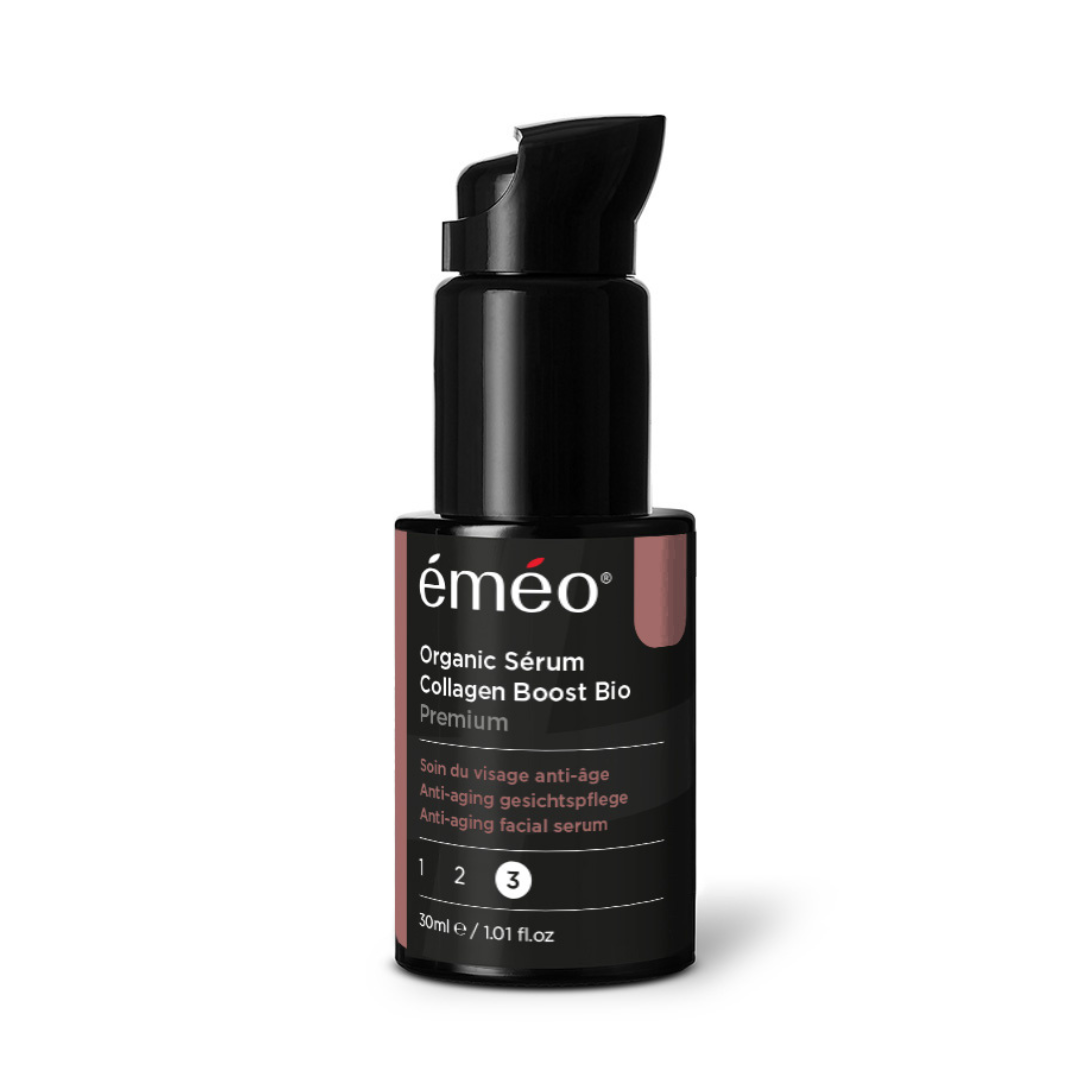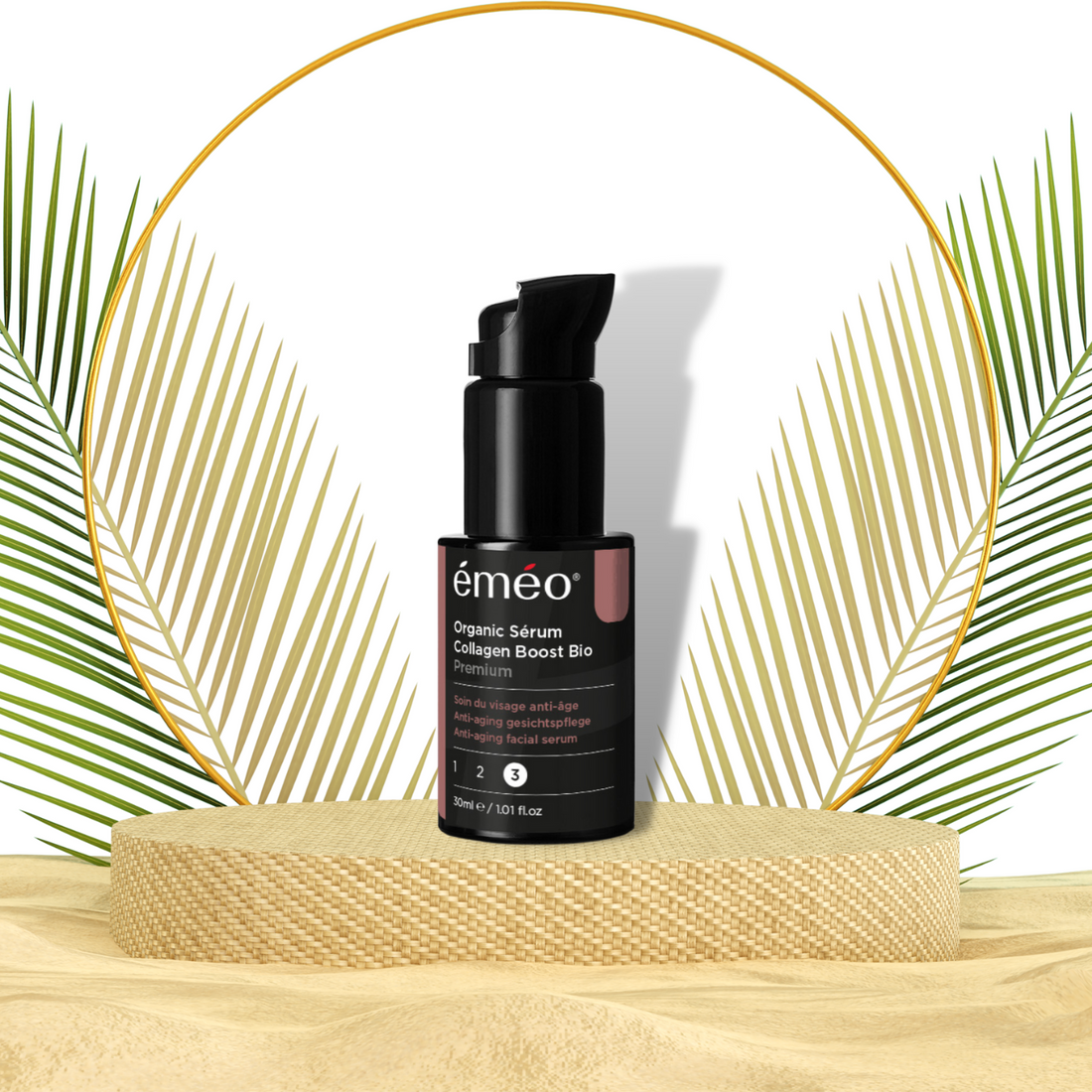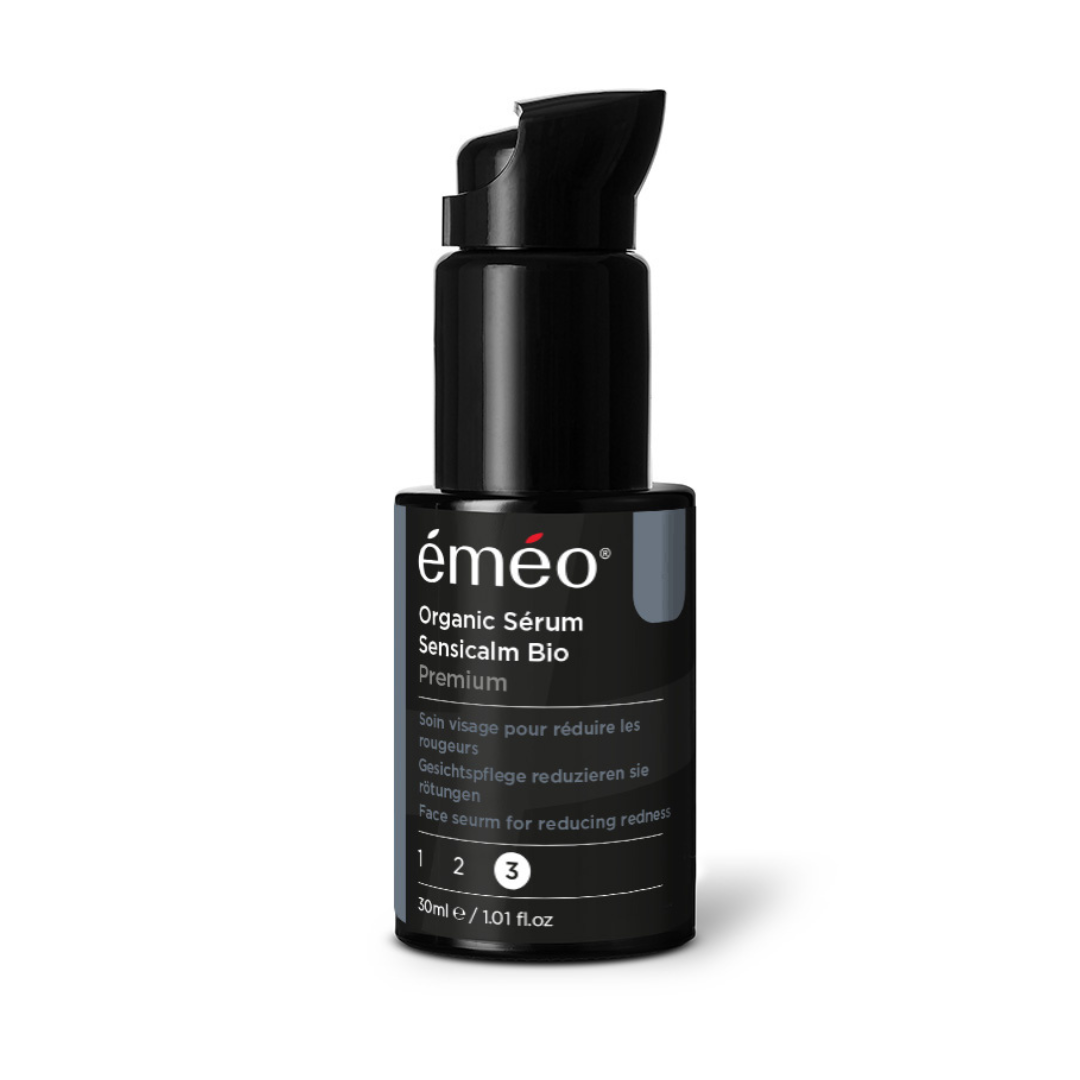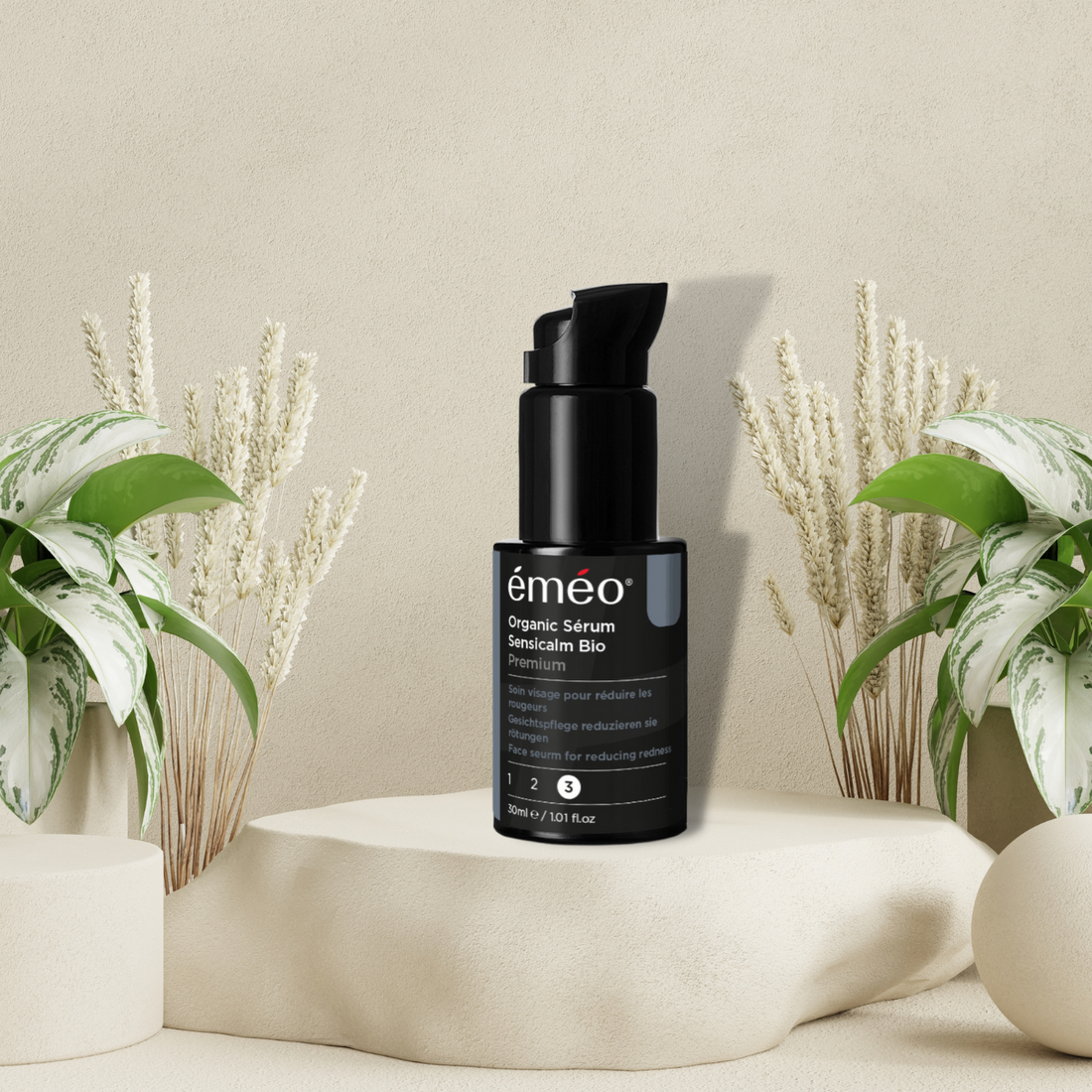One of my clients recently reached out to me regarding a common and bothersome skin condition known as Pityriasis Rosea. In this article, we'll explore this acute dermatological condition and how it can lead to discomfort and sleepless nights. Fortunately, there's a natural alternative that offers relief for this skin problem.
What is Pityriasis Rosea?
Pityriasis Rosea is a benign and common dermatological disease characterized by sudden onset. Named after the French dermatologist Camille-Melchior Gibert, who described it in 1860, its exact cause remains unknown, although it's possibly viral or of infectious origin. However, it's essential to know that Pityriasis Rosea is not contagious.
Symptoms and Clinical Presentation:
The first sign of Pityriasis Rosea is a red patch that usually appears on the chest, divided into a clear central area and a red peripheral area. Subsequently, small patches may develop on the limbs, abdomen, and sides. These patches evolve into small, coin-sized eruptions after a few days, sometimes accompanied by mild discomfort, headaches, and fatigue.
Possible Causes of Pityriasis Rosea:
While the exact causes are unclear, various factors could contribute to this condition, including viral infections, fungal diseases, autoimmune disorders, or bacterial infections.
Prognosis and Progression:
In most cases, Pityriasis Rosea heals spontaneously within 3 to 6 weeks, and the skin lesions gradually disappear. Recurrences are very rare.
Tips for Relieving Symptoms:
To relieve itching without compromising immunity, it's best to avoid using corticosteroids (oral and topical). Additionally, certain irritants like tight clothing, antiseptic or foaming baths, soaps, antiseptic lotions, and alcohol-based products should be avoided.
The Efficacy of Carrier Oils and Essential Oils:
Vegetable oils and essential oils can play a significant role in relieving Pityriasis Rosea symptoms. They help reduce inflammation, act against fungal, viral, or bacterial agents, alleviate irritation, and promote healing.
Beneficial Carrier Oils:
- Hemp: A dry oil rich in Omega 6 with calming and anti-inflammatory properties.
- Borage: Scientifically recognized for its benefits in treating eczema, which shares similarities with the inflammatory process of Pityriasis Rosea.
- Sea Buckthorn Seed: Rich in antioxidants, this oil has reparative and healing properties.
Beneficial Essential Oils:
- Ravintsara: Possessing anti-inflammatory and anti-infectious properties, this essential oil is non-irritating.
- Roman Chamomile: Renowned for its calming and anti-inflammatory effects.
A Ready-Made Natural Solution to Relieve Symptoms:
Our Organic Sérum Sensicalm Premium contains the above-mentioned vegetable oils and a botanical active: Avocado Oil, Safflower Oil, Baobab Oil, Hemp Oil, Sea Buckthorn Seed Oil, and Diam® Active (cork extract).
Conclusion:
Pityriasis Rosea can be a debilitating skin condition, but a natural alternative exists to relieve its symptoms. Carrier oils and essential oils can play a key role in this process. However, for an accurate diagnosis it's always recommended to consult a healthcare professional.



